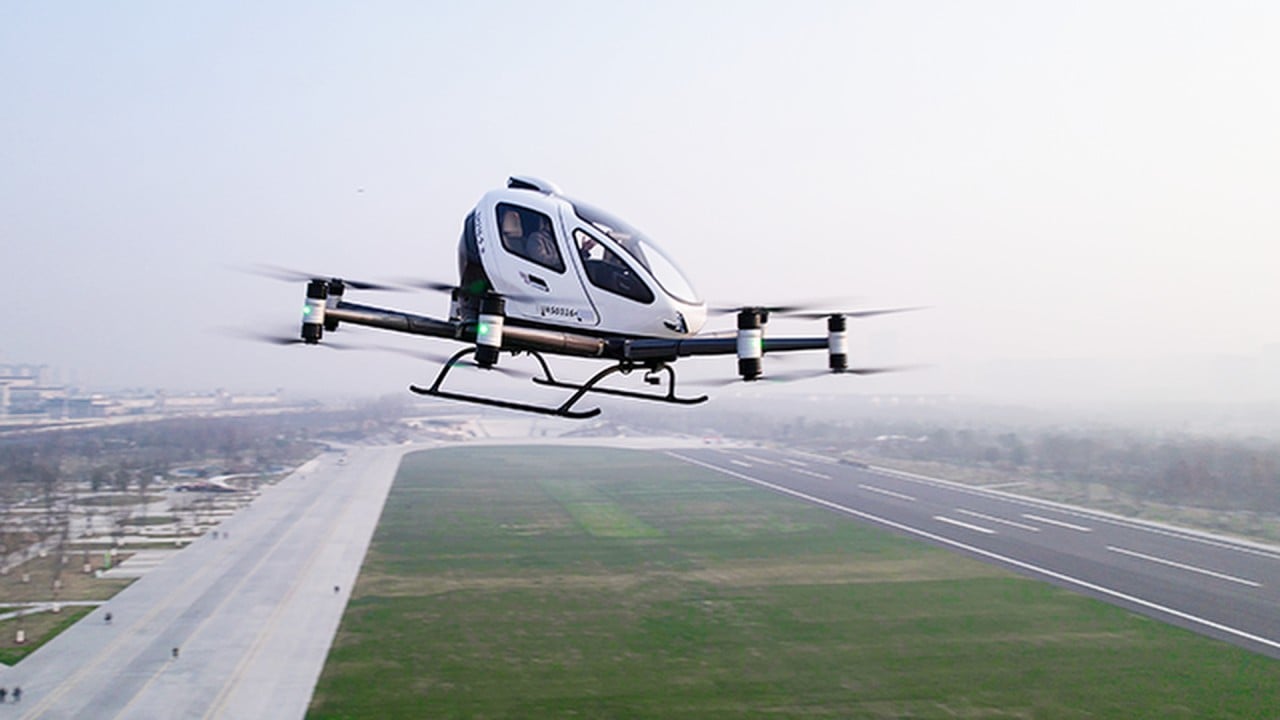
Venture-capital funding in China falls to pandemic-era lows in weak 2024 start, with AI, EVs, clean energy as exceptions
- Total venture-capital investment in China in the first quarter fell 30 per cent quarter on quarter to US$11.5 billion
- China still leads Asia’s VC landscape, with eight of the 10 biggest deals in the first three months of the year
However, overall VC investment in the country fell 30 per cent quarter on quarter to US$11.5 billion, according to a report released on Tuesday by KPMG on the global VC market.
The figure, the lowest since the first quarter of 2020, was “striking”, according to the professional services firm, even after accounting for how the first quarter tends to be slow in China because of the Lunar New Year festive season and companies putting off big decisions until after the end of the financial year.

Globally, “market challenges – including the lack of exits, high interest rates, and continued geopolitical uncertainties – kept VC investors cautious”, the report said.
Investors were more selective about potential deals and extending bridge funding to their existing portfolio companies, it added, continuing a slump that lasted throughout 2023. VC deals in China last year totalled US$42.6 billion, representing a 27.4 per cent year-on-year decline in value, according to a separate report by data analytics firm GlobalData released in January.
Fundraising activity in China, while relatively strong, nonetheless was “well off pace” from previous highs, especially for domestic yuan-denominated funds, while foreign direct investment fell as multinational investors sold their China-based assets, according to the KPMG report.
Other major deals in China in the first quarter came from clean-energy firms Huakong Power (US$696 million) and Guangxi CNGR New Energy (US$307 million). India-based PharmEasy (US$421 million) and South Korean AI telecommunications provider Stage X (US$300 million) were the only two non-Chinese firms to make the list of the top 10 biggest deals in Asia.
“Currently, there is a growing interest in EV trucks due to China’s vast industrial market and the extensive use of trucks for industrial transport,” said Zoe Shi, a partner at KPMG China, adding that further developments in energy and new materials would still be needed for the sector to fully expand.
Across Asia, both investment value and deal activity declined in the first quarter, to US$18.5 billion across 2,305 deals from US$22.9 billion across 2,920 deals in the fourth quarter of 2023, KPMG’s VC report said. Globally, VC investment held stable from the end of 2023, although investment in the Americas, at US$38.2 billion, far outpaced both Asia and Europe.
In Asia, late-stage funding rounds declined the most, with the median deal size shrinking to US$22.5 million this year from around US$70 million in 2021 for series D and later rounds, even as other funding stages remained relatively steady.
The “impact of declining consumer confidence and the related drop in consumption” remain concerns for China, according to the report, though potential policy moves to stimulate the economy could improve confidence if introduced later this year.



